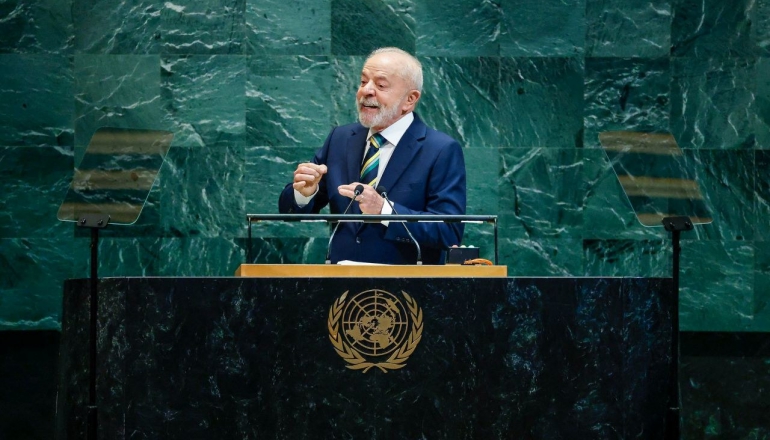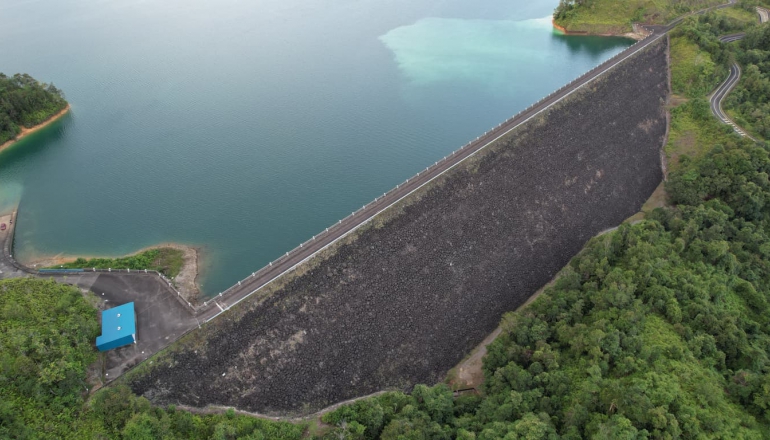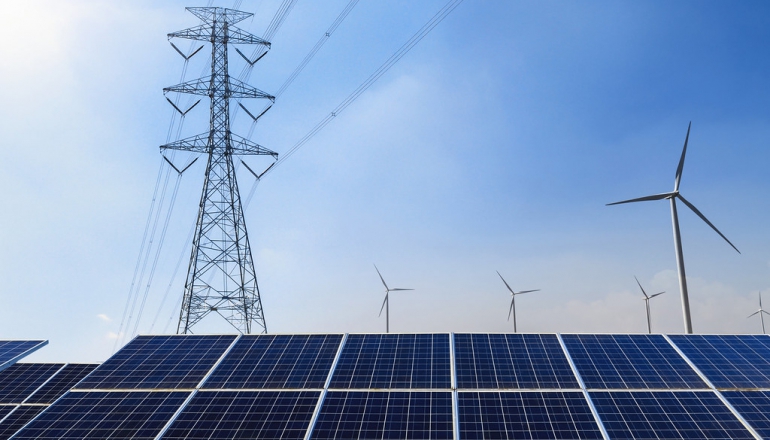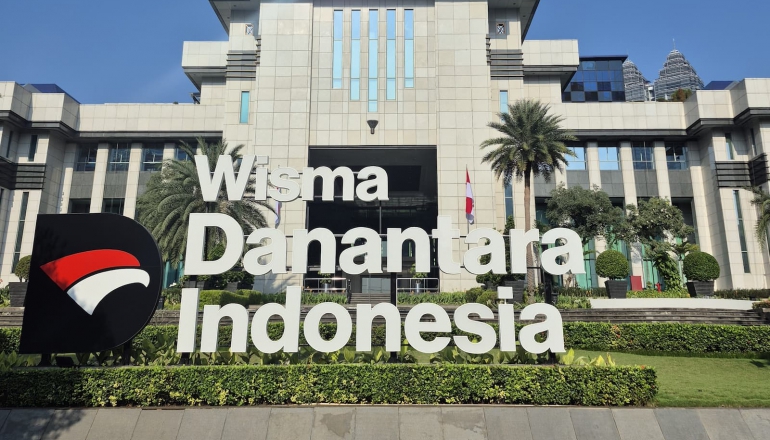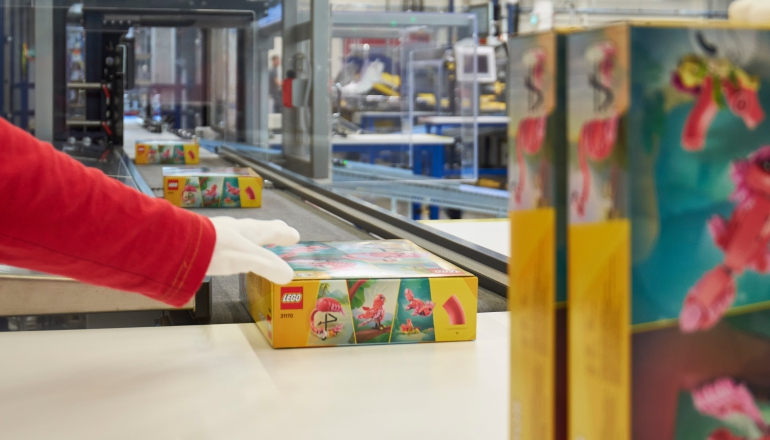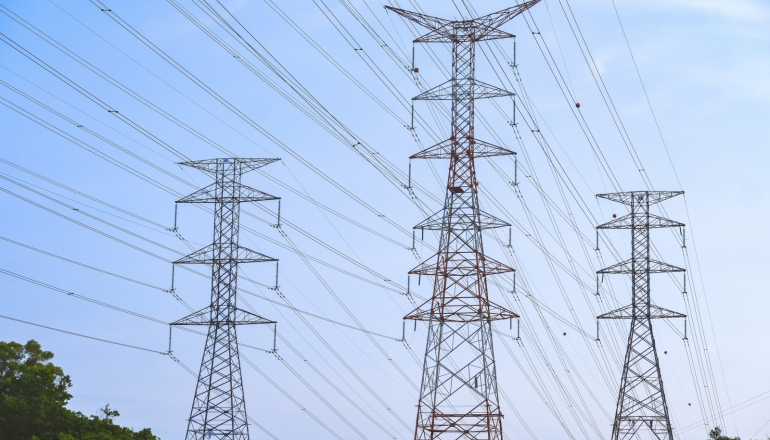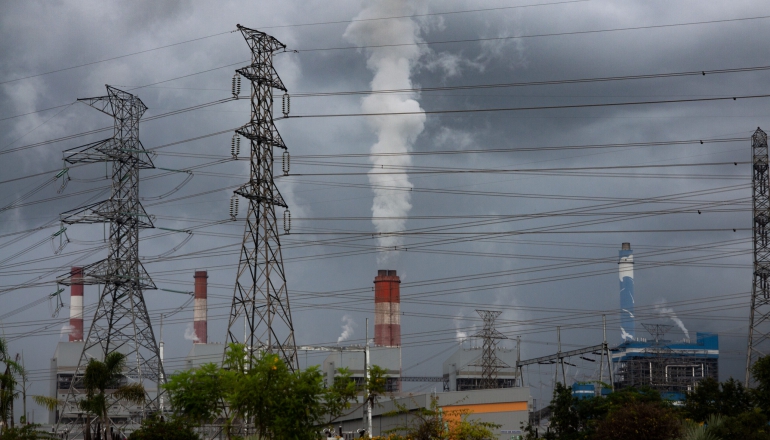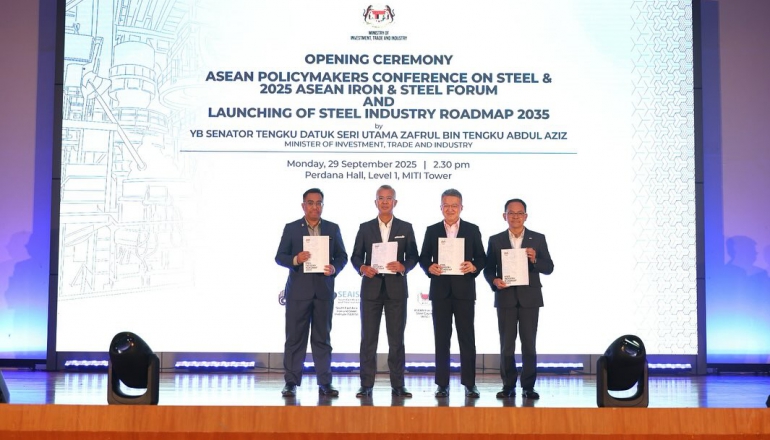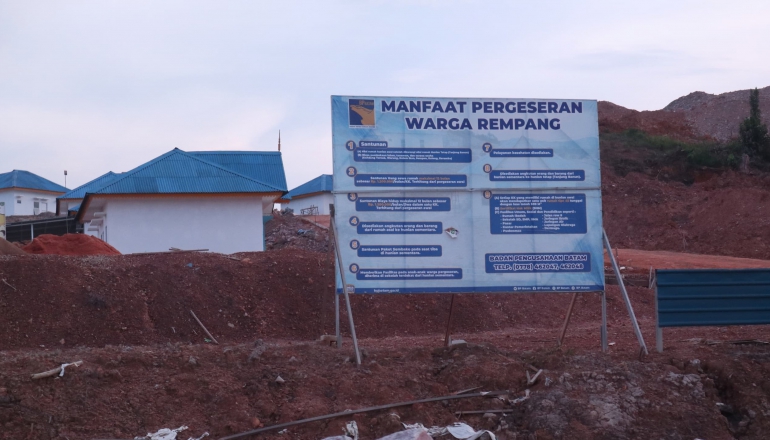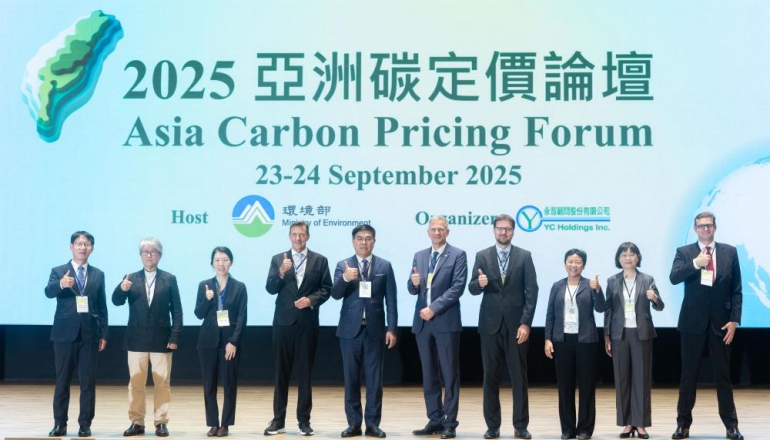Brazil leads push for novel forest finance mechanism ahead of COP30 summit
Brazilian President Luiz Inácio Lula da Silva announced that his nation will invest the first $1 billion in the Tropical Forest Forever Facility (TFFF), a planned $125 billion fund that Lula and Brazilian finance experts first described in 2023.
October 03, 2025